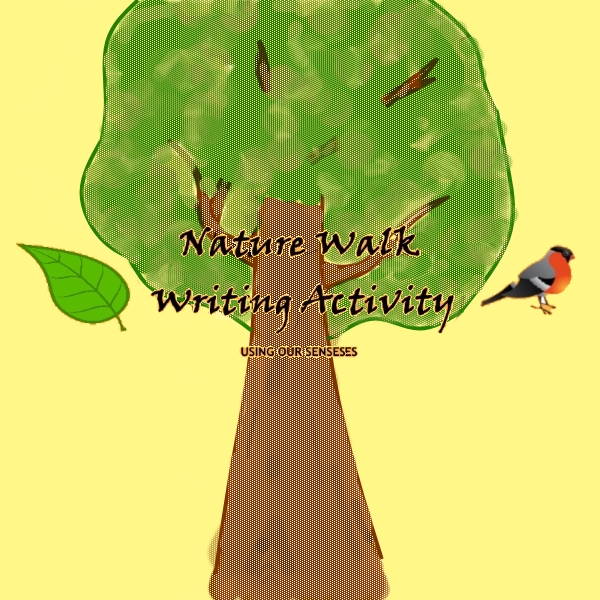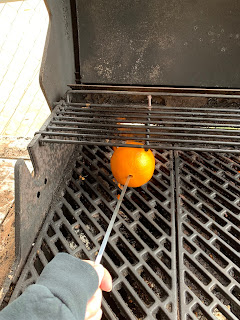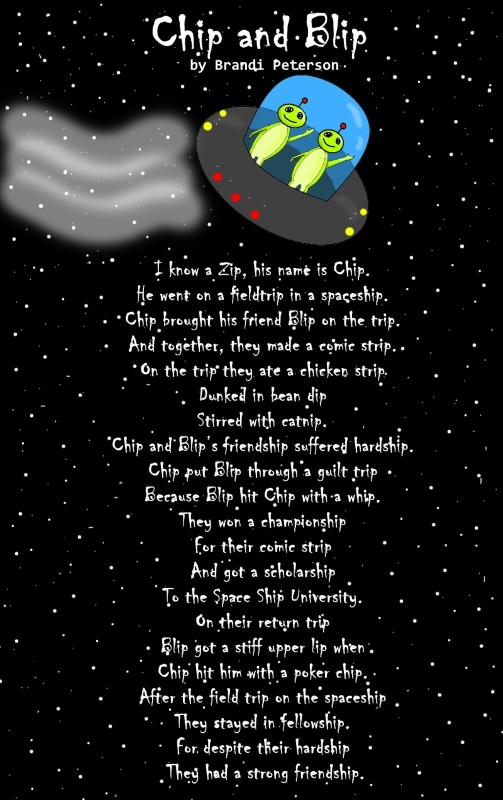Nature Walk Writing Activity: Using Our Senses
Writers will tell you “write what you know”. And that is
true. It is difficult to write much about any subject of which you are ignorant.
Writers very often draw from their personal experiences in order to create
their stories. In this activity, we will encourage your young authors to get
out and have some experiences to write about.
My own children really enjoy going out into our wooded area
on our land to explore. So while we are homeschooling this year, I have been
implementing some nature hikes into our lessons. Obviously writing is a subject
I am particularly passionate about. So, it has been fun developing creative ways
to get my kids writing about what they find in the great outdoors.
This is an activity
you can use in your school classroom, your homeschool, or just as a fun weekend
activity. A great time to do this activity is when you are at the park, or if
you are traveling to an area that has some beautiful natural places to explore.
But there are things to see and experience in nature even in an urban back
yard.
WARNING: In our wooded back yard, we do have to watch out
for things like poison ivy, snakes, and poisonous spiders. Make sure you learn
about potentially hazardous plants and wildlife in the area you are exploring
before you set out. Educate yourself on what they look like and how to avoid
them.
Materials:
some good walking shoes
a notebook
a pencil
and a magnifying glass*
* (Optional,
but kids LOVE to explore their world up close. You can find some of decent
quality at the dollar store!)
First, just let kids explore. This is the best thing about
being a kid, just getting to see and experience things for the first time.
After a while, tell them to use their senses to locate a
subject to write about. Ask them “What do you see?” “What can you smell?” “What
textures do you feel?”
Instruct them to find one specific thing in nature that they
would like to write about. It can be an animal, plant, stone, soil, anything.
For preschoolers: At this age, kids are really just learning to write. Instead, the preschooler can draw a picture of their object. If, for example, the object is a butterfly, tell them to observe whether the wings are smooth or bumpy or soft and fuzzy. What colors are they? What about the body? What other features do you see on the butterfly? Draw what you see.
For grades 1-3: Have them write “I can see...” “I can smell…” “I can feel...” with a few lines in between each phrase. After each phrase, have them describe in a few sentences what they observe.
For grades 4-6: Similar to the above, but have them allow more space and give more specific details and instead of using the “I can” phrases, let them answer the phrases in their own words in story-form using descriptive details they observed with their senses. Remember that the purpose of this exercise is to improve writing skills, not necessarily a scientific journal entry. For example: “While I was walking in my backyard, I saw a beautiful butterfly. It had…”
For grades 7+: For older students, have them observe and make notes about their subject using their senses. Then, write a short story in first person describing their subject using many descriptive words. Example: “On this bright and sunny afternoon, I went a strolling through a meadow. As I was wondering about, I observed many fascinating things, none quite so exquisite as the beautiful orange butterfly that landed on my shirt pocket. It had…”
~~~~~~~~~~~~~~~~~~~~~~~~~~~~~~~~~~~~~~~~~~~~~~





Comments
Post a Comment